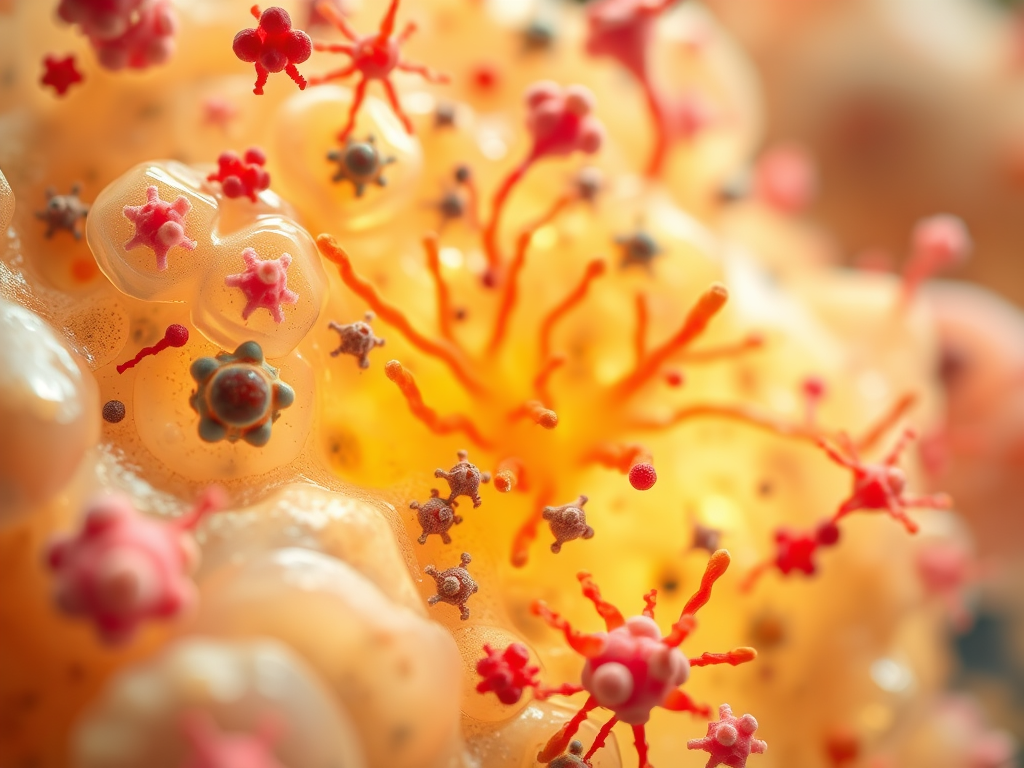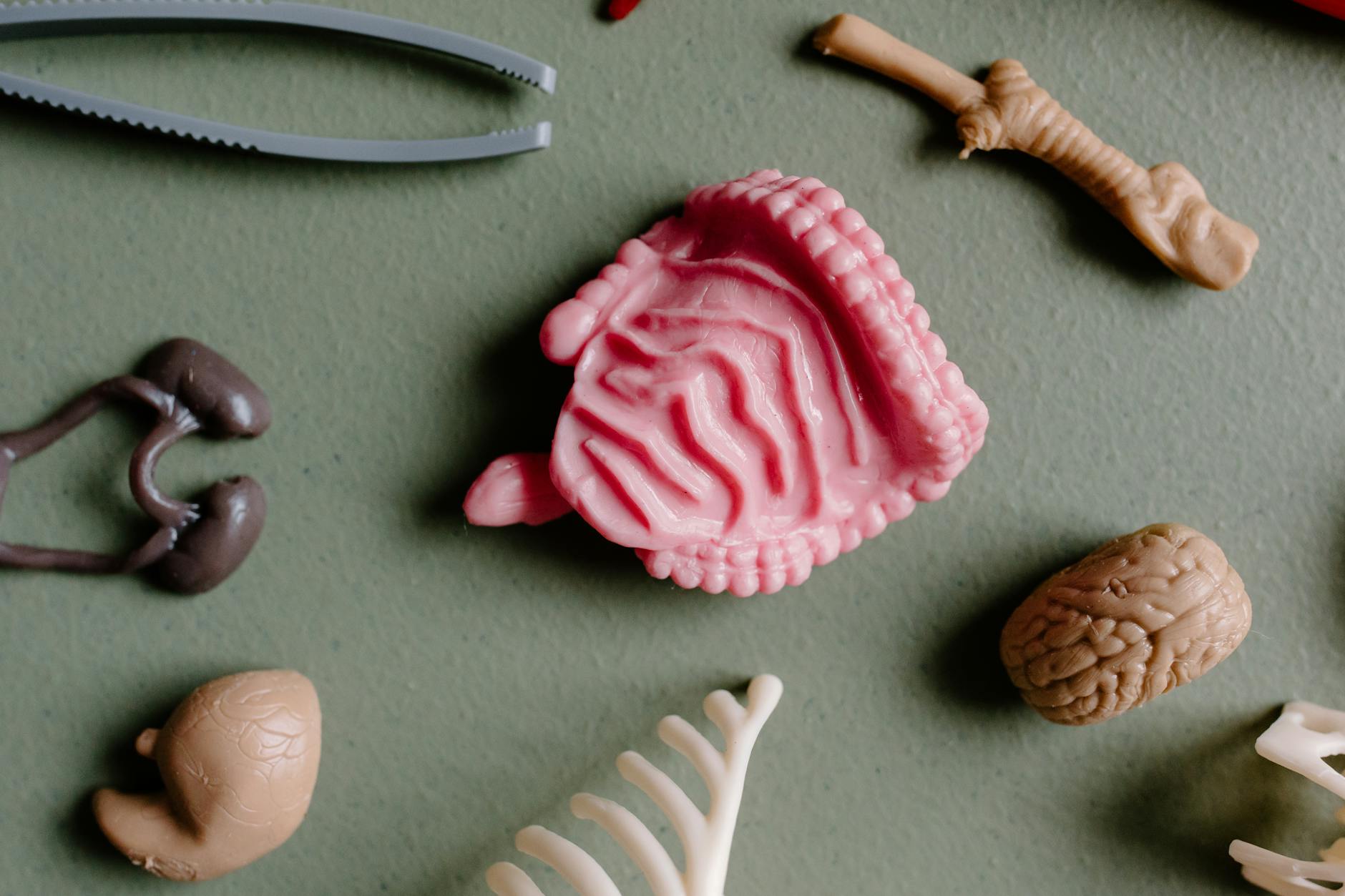Sun, beach, exploration, vacation relaxation... and all that comes with bloating, gas, weakness, diarrhea, and vomiting. Does the scenario seem familiar, at least from hearsay?
Have you ever wondered what causes this and what changes occur in the microbiota when it manifests unfavorable symptoms so intensely?

Let's start with the fact that our gut microbiota is an incredibly complex mechanism of interaction between its interior and the outside world. It's our largest organ (the active surface area of the intestine is approximately 400 square meters, and for comparison, the skin is about 2 square meters), and it's constantly exposed to the environment through the mouth. Add to this its involvement in almost all life processes (e.g., metabolism, regulation of the nervous and hormonal systems, as well as digestion and absorption), and it becomes quite a mess, even in the absence of major changes in the external environment (seasons, air pollution, stress) and diet.

Now imagine that our gut microbiota changes climate and we fly away/go on vacation. Knowing that it responds to literally any environmental change within a maximum of 72 hours, even more complex processes begin. According to some statistics, traveler's diarrhea affects approximately 15-50% travelers, with the difference resulting from the chosen destinations and sanitary conditions, as well as differences in the microbiota of the local population and the incoming tourists.
Does jet lag alter the microbiota similarly to eating and drinking? It turns out it does, even though it doesn't seem to have physical contact with the gut like food does. Instead, the negative effects of altered circadian rhythms (changes in hormone production, neurotransmission, digestive enzymes, etc.) are explained by mechanisms such as increased oxidative stress and intestinal barrier permeability. As a result, the composition and proportions of the microbiota are altered: the number of bacteria increases. Firmicutes responsible for maintaining the immune balance and proper functioning of the intestinal barrier, and the number of bacteria of the genus decreases Bacteroidetes which play a significant role in digestion, the production of short-chain fatty acids (e.g. butyrate), and preventing the settlement of unfavorable strains of bacteria that cause negative symptoms.
One can imagine a situation of increased immune activity, "mapping" the new environment and increased activity of immune proteins, versus a decrease in the activity and abundance of bacteria that facilitate proper digestion and the involuntary "letting in" of harmful strains. The effects of diarrhea, vomiting, increased body temperature, general weakness, electrolyte and cognitive disturbances, as well as acute diarrhea sometimes requiring hospitalization, stem from the changes in the microbiota described above.
Knowing this data, among other things, makes it easier to imagine the incredibly complex processes our intestinal bacteria undergo to protect us and the incredible mechanisms our entire body operates under.

Preparing for travel, especially to tropical countries with lower sanitary standards, is no longer just about a flat stomach and good looks. In addition to mandatory vaccinations (for some countries), we should incorporate our own preventative measures to enjoy our vacation without the unpleasant consequences of a serious illness (e.g., E. coli bacterial infections). And even if we do experience them, we can significantly shorten their duration and alleviate acute symptoms. How?
A few weeks before your departure, implement:
My favorites for vacation travel from the Soan range? Happy Belly and Bee Vitality for preventative care before, during, and after your trip.
Sources:
The author of the entry is:
